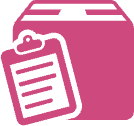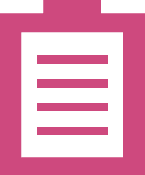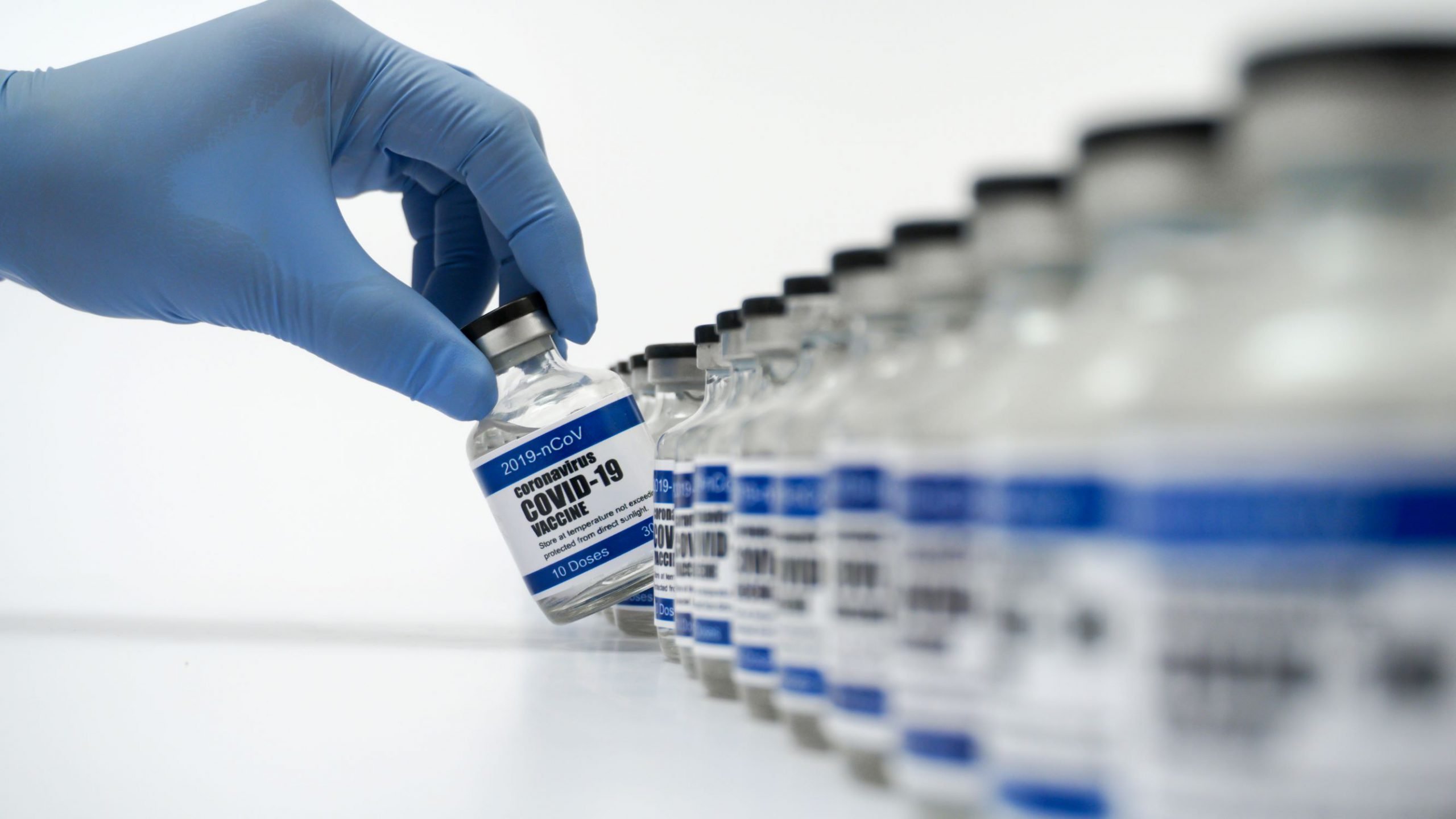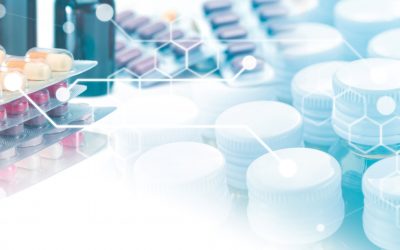It is important to hail the things we did well; the unrelenting dedication of nurses and doctors in every country, the auxiliary staff that ensure everything keeps going, everyone has done everything they can, and more!
I have been assessing lately, had this happened 10-15 years later and RFID had made a greater impression into the NHS, if we could have managed the pandemic better. The key areas I have found are lab/diagnostic assay tracking, reusable hospital equipment, consumables, decontamination, and authentication of supply (PPE, vaccines, and other medicines).
Lab/Diagnostic assay tracking
Speaking with some colleagues in pathology they have painted a pretty dire picture of sample tracking pre-pandemic. 1000’s of urine samples moving through a semi-automated system, relying on bar codes that need to be indivudially scanned, often breaking down and microbiologists needing to use a Sharpie to mark-up plates for growth. And that’s just for urines! With the wake of the pandemic, the number of tests a typical lab would have to perform has gone up 5-fold. In one major London hospital they were having a 23% failure rate of assaying and requiring re-samples. This failure was down to the lab capacity and procedures that could be improved with RFID.
Reusable hospital equipment
Most common reusable equipment in my hospital includes beakers, cylinders in pathology, face shields and goggles in every department and then surgical apparatus. All of these items need to go through a thorough decontamination process of washing, disinfection, sanitising, and in most cases autoclaving.
It is vital to develop RFID tags to monitor these items as the pandemic has shown how we very quickly lose oversight of these smaller items, which leads to having to re-purchase items. Every single hospital trust in the UK saw an increase in purchasing of reusables and 89% of trusts saw an increase beyond anticipated COVID-19 use. From my experience these items were purchased haphazardly and by multiple stakeholders within the hospital. Having total oversight of these items would lead to substantial cost savings without having to overcome any operational hurdles.
Decontamination
In an environment where a disease is spread so easily and quickly and the vector is each other, decontamination is the single most important step in every HCP-patient interaction to do no harm!
I have written about the advantages of being able to track individual staff decontaminating at the designated places before and after seeing to a patient in terms of litigation prevention. The need for this today has never been greater to help us with Infection Control. I have read studies that show a reduction in staff infections from 17% to less than 1% in hospitals that adopt an RFID solution to decontamination.
Education and new habit forming is crucial for something like this to work but having the trackable oversight allows for a comprehensive approach to infection control and would have helped immeasurably during the last year.
Authentication
The purchase of PPE and medicines last March was the most frantic and cut-throat I have ever seen the administrators of the Hospital trust. We needed as much PPE as we could secure and it became less about where from and who from, and just about the sheer number of gowns, gloves, visors, masks, everything!
It is only a year later that we have discovered the number of purchases that turned out to be counterfeit items – in the 100,000’s! These items have been taken out of supply and will most likely be destroyed. As for recouping any money we have lost – TBC. It is not certain if the companies we purchased from still exist and so it may take a lot of time. Just one trust alone has spent millions of pounds on PPE in just a year, across the whole NHS tens of billions of pounds. RFID would have allowed for proper authentication of these items and saved us millions of pounds.
Authentication and oversight of vaccines is also hugely important. With production still on the upward trend, demand is far outstripping supply; we need total oversight and the ability to authenticate the vaccines and boosters we receive. In a very short space of time we will have 5+ different vaccines, RFID would also be a very logical solution to harmonise these different providers and tracking what vaccines have been delivered into a patient and what boosters they might need for each coming year.
The more alarming problem is the authentication of our most used medicines. The pandemic led to the panic buying of pretty much every medicine used in ICU and a whole arsenal of antibiotics. Most of these items of pharmaceuticals are not RFID tagged and in fact can go through 4-5 steps of relabelling as they travel between regions and jurisdictions. When it finally arrives in my pharmacy and needs to be made up for my patient, what confidence do I have that it is genuine and will save my patient, not very much these days.
RFID is the next generation for our pharmaceuticals and is needed today. If pharmaceutical companies do not start tagging their medicines then I know that the NHS are thinking of relabelling in the future, using a trackable system to have total oversight of their pharmaceutical assets. Work has already begun to design the space for RFID within the NHS, including regulation, serialisation, monitoring and purchasing of the technology.
As we continue to chart a course through these difficult times, new opportunities will present themselves and I look forward to sharing these with you.

























